December 22 stands as one of history’s most eventful days, witnessing the rise and fall of empires, groundbreaking discoveries, and moments that shaped our modern world across centuries of human achievement.
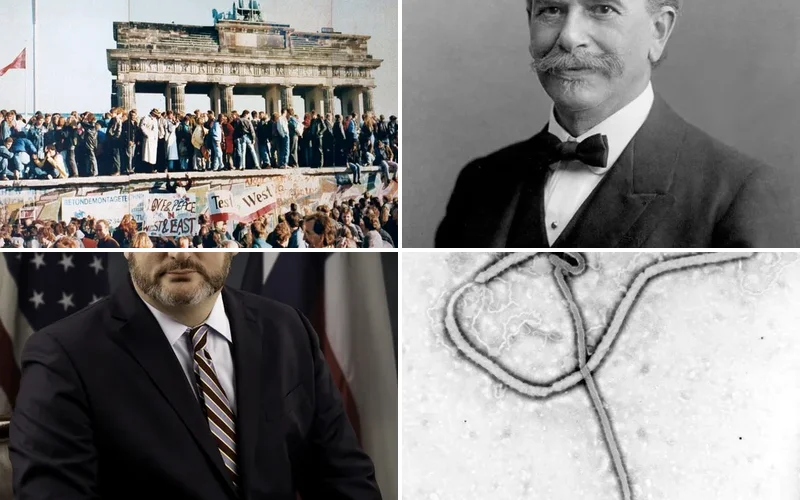
Politics and Government Events on December 22
1989 – Romanian Revolution Overthrows Communist Regime
Communist President Nicolae Ceaușescu fell from power after days of bloody confrontations as Ion Iliescu led the revolutionary forces. The deposed dictator and his wife Elena fled Bucharest in a helicopter as protesters erupted in cheers throughout the capital.
The revolution marked the end of one of Eastern Europe’s most oppressive regimes. Ceaușescu’s overthrow symbolized the collapse of communist authority across the Soviet sphere of influence.
1990 – Lech Wałęsa Elected President of Poland
The Solidarity movement leader achieved his greatest political triumph by winning Poland’s presidential election. Wałęsa’s victory represented the final transformation of Poland from communist rule to democratic governance.
His presidency solidified Poland’s position as a leader in Eastern Europe’s democratic transition. The election demonstrated the complete rejection of communist ideology by the Polish people.
1989 – Brandenburg Gate Reopens After 30 Years
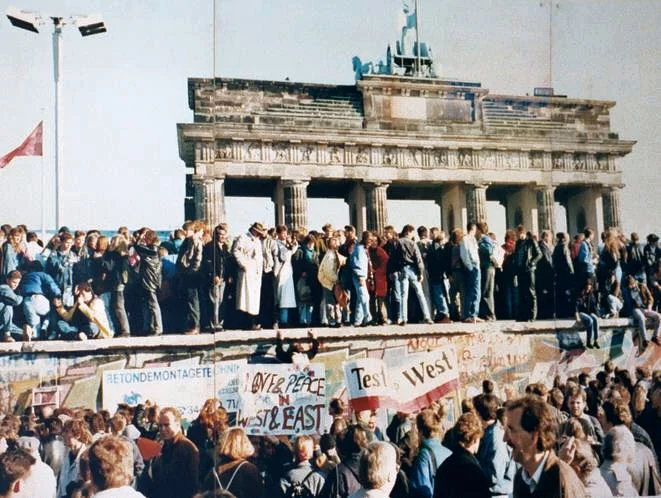
Berlin’s most famous landmark reopened to the public, effectively ending the division between East and West Germany. Thousands of Germans celebrated as the symbol of separation transformed into a monument of reunification.
The gate’s reopening followed the fall of the Berlin Wall just weeks earlier. This moment represented the physical and symbolic healing of a divided nation.
1990 – Marshall Islands and Micronesia Gain Independence
The final termination of the United Nations trusteeship granted full sovereignty to both Pacific island nations. These territories completed their transition from American administration to independent statehood.
The independence ceremony marked the end of the last UN trust territories in the Pacific. Both nations established their own governments while maintaining strategic partnerships with the United States.
1974 – Comoros Islands Vote for Independence
Grande Comore, Anjouan, and Mohéli voted to become the independent nation of Comoros. Mayotte chose to remain under French administration, creating a complex political situation in the archipelago.
The referendum results reflected deep cultural and economic divisions within the island chain. France’s continued control of Mayotte would remain a source of regional tension for decades.
1945 – Truman Issues Executive Order for War Refugees
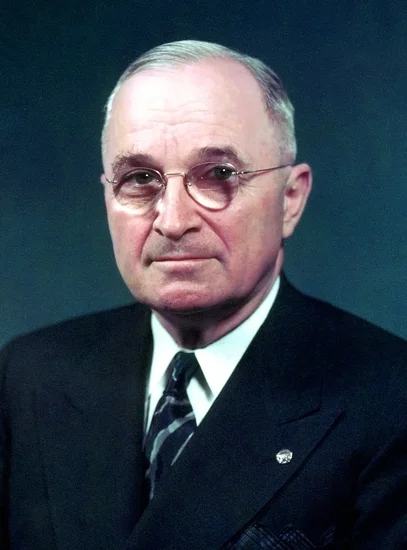
President Harry Truman signed legislation giving World War II refugees precedence in visa applications under existing immigration quotas. This directive represented America’s first major humanitarian response to the European refugee crisis.
The executive order reflected growing awareness of the Holocaust’s scope and America’s moral obligation to survivors. Truman’s action established important precedents for future refugee assistance programs.
1948 – Emergency Government Established in Indonesia
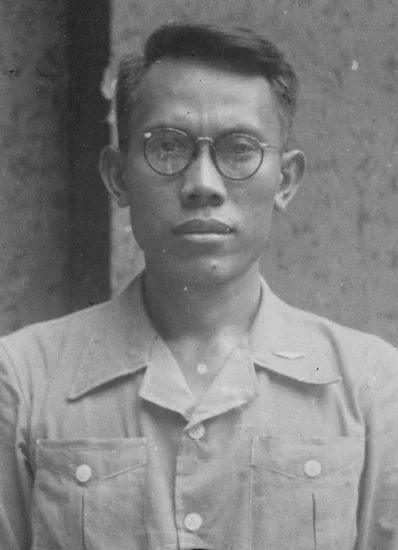
Sjafruddin Prawiranegara established the Emergency Government of the Republic of Indonesia in West Sumatra during the independence struggle. This provisional administration maintained Indonesian sovereignty while the main government faced Dutch military pressure.
The emergency government coordinated resistance efforts across the archipelago during the final phase of decolonization. Prawiranegara’s leadership helped preserve Indonesian unity during this critical period.
Military and Naval History on December 22
1944 – Battle of the Bulge: “Nuts!” Response at Bastogne
German forces demanded the surrender of surrounded American troops at Bastogne, Belgium, prompting General Anthony McAuliffe’s famous one-word reply: “Nuts!” The defiant response became legendary in American military history.
McAuliffe’s refusal to surrender inspired his troops to hold their positions against overwhelming odds. The successful defense of Bastogne proved crucial to halting Germany’s final major offensive on the Western Front.
1942 – Hitler Orders V-2 Rocket Development
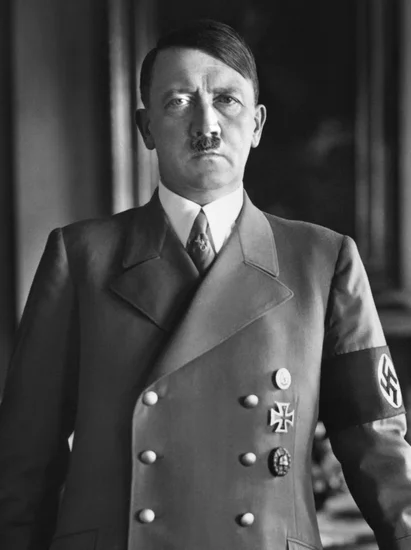
Adolf Hitler signed the directive to develop the V-2 rocket as a weapon of war. This decision launched the world’s first ballistic missile program and revolutionized military technology.
The V-2 program consumed enormous resources during Germany’s final war years while producing limited military results. However, the technology later formed the foundation for both American and Soviet space programs.
1940 – Greek Army Captures Himara
Greek forces successfully captured the Albanian port town of Himara during their counter-offensive against Italian invasion forces. The victory demonstrated Greek military superiority over Mussolini’s supposedly modern army.
The capture of Himara marked the high point of Greek success in the Albanian campaign. This victory forced Hitler to divert crucial resources to assist his faltering Italian ally.
1944 – People’s Army of Vietnam Formed
Vietnamese revolutionaries established the People’s Army of Vietnam to resist Japanese occupation forces in Indochina. Ho Chi Minh’s military organization would evolve into one of the world’s most effective guerrilla forces.
The army’s formation marked the beginning of organized Vietnamese resistance that would eventually defeat both Japanese occupiers and French colonial forces. This military structure later challenged American forces during the Vietnam War.
Science and Discovery Milestones on December 22
1964 – SR-71 Blackbird First Test Flight
The revolutionary SR-71 reconnaissance aircraft completed its maiden flight at Air Force Plant 42 in Palmdale, California. This groundbreaking aircraft achieved unprecedented speed and altitude capabilities for military reconnaissance missions.
The Blackbird’s advanced design incorporated cutting-edge materials and propulsion systems that pushed aviation technology to new limits. Its successful flight marked America’s technological superiority in aerospace engineering during the Cold War.
2016 – Ebola Vaccine Proves Effective in Clinical Trial
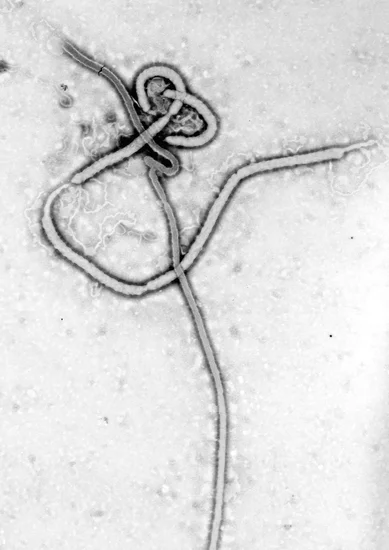
Medical researchers announced that the VSV-EBOV vaccine demonstrated 70 to 100 percent effectiveness against the Ebola virus. This breakthrough represented the first proven vaccine against one of the world’s most deadly diseases.
The vaccine’s success offered hope for preventing future Ebola outbreaks in West Africa and other vulnerable regions. Clinical trials conducted during the 2014-2016 epidemic provided crucial data for regulatory approval.
1906 – Major Earthquake Strikes Xinjiang

A devastating 7.9 magnitude earthquake struck Xinjiang, China, killing at least 280 people and causing widespread destruction. The powerful tremor highlighted the region’s position along major tectonic fault lines.
The earthquake’s impact extended across vast areas of western China’s mountainous terrain. Seismologists later used data from this event to better understand earthquake patterns in Central Asia.
1920 – Soviet Union Adopts GOELRO Economic Plan
The 8th Congress of Soviets approved the GOELRO plan, the Soviet Union’s ambitious electrification and economic development strategy. This comprehensive program aimed to modernize the entire Russian economy through massive infrastructure projects.
Lenin personally championed the electrification plan as essential for building a modern socialist state. The GOELRO initiative became the foundation for Soviet industrial development throughout the 1920s.
Cultural and Arts Events on December 22
1921 – Visva-Bharati College Opens in India
Rabindranath Tagore’s experimental college, also known as Santiniketan College, officially opened its doors to students. The institution embodied Tagore’s vision of education that combined Eastern and Western learning traditions.
The college attracted students and faculty from around the world who sought alternatives to conventional educational approaches. Tagore’s innovative curriculum emphasized creativity, cultural exchange, and practical learning over rote memorization.
1968 – Mao Orders Intellectual Youth to Countryside
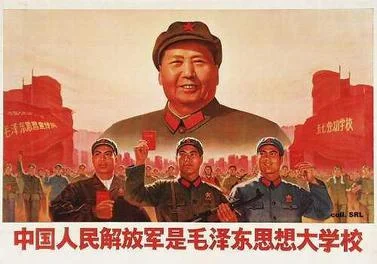
China’s People’s Daily published Mao Zedong’s directive requiring educated youth to relocate to rural areas for re-education. This Cultural Revolution policy displaced millions of students and professionals from urban centers.
The “Down to the Countryside” movement aimed to eliminate class distinctions by forcing intellectuals to perform manual labor alongside peasants. This radical social experiment disrupted Chinese education and professional development for over a decade.
1975 – President Ford Creates Strategic Petroleum Reserve
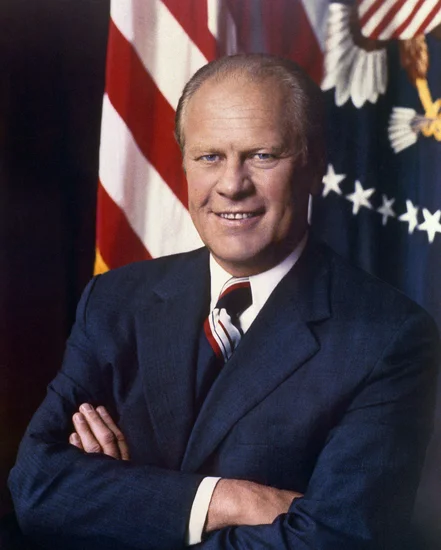
President Gerald Ford signed legislation establishing the Strategic Petroleum Reserve in response to the ongoing energy crisis. This massive underground storage system was designed to protect America from future oil supply disruptions.
The reserve’s creation reflected growing awareness of America’s vulnerability to international oil market manipulation. Ford’s initiative provided crucial energy security infrastructure that continues protecting American interests today.
Religious and Social Events on December 22
1997 – Acteal Massacre in Mexico

Paramilitary forces massacred Roman Catholic activists attending a prayer meeting in the village of Acteal, Chiapas. The attack targeted indigenous rights advocates and highlighted the violent conflict surrounding Mexico’s Zapatista movement.
The massacre shocked international observers and drew attention to the systematic persecution of indigenous communities in southern Mexico. The tragedy became a symbol of government complicity in human rights violations.
1939 – Indian Muslims Observe Day of Deliverance
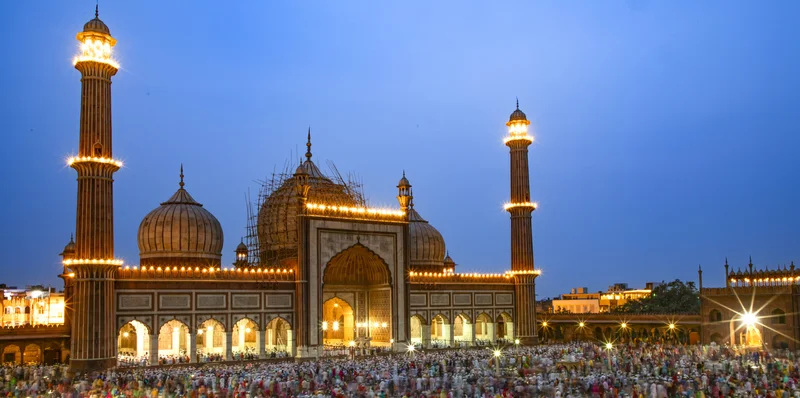
Muslims throughout India celebrated the resignation of Indian National Congress members who had protested Britain’s unilateral decision to enter World War II. The “Day of Deliverance” reflected deep political divisions within the independence movement.
The observance highlighted growing tensions between Hindu and Muslim political organizations that would eventually lead to partition. These celebrations foreshadowed the religious conflicts that would devastate the subcontinent in 1947.
1971 – Doctors Without Borders Founded
Bernard Kouchner and a group of journalists established Doctors Without Borders in Paris, France. The humanitarian organization pioneered a new approach to international medical assistance that prioritized neutrality and access to victims.
The organization’s founding reflected frustration with traditional aid agencies that often became entangled in political considerations. Doctors Without Borders would become one of the world’s most respected humanitarian organizations.
2001 – Northern Alliance Transfers Power in Afghanistan
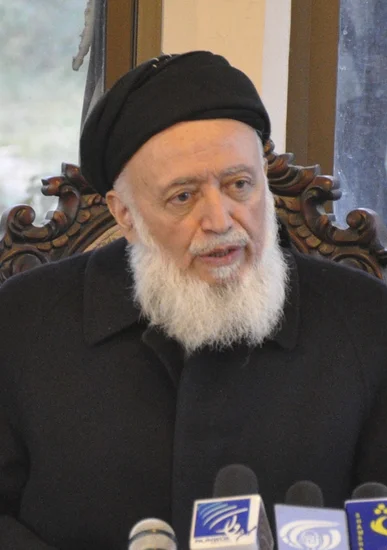
Burhanuddin Rabbani officially transferred power from the Northern Alliance to Hamid Karzai’s interim government. This peaceful transition marked a crucial step toward establishing legitimate governance in post-Taliban Afghanistan.
The handover ceremony symbolized hopes for national reconciliation after decades of civil war and foreign occupation. Rabbani’s cooperation demonstrated the Northern Alliance’s commitment to democratic transition.
Business and Economic Events on December 22
1978 – China Begins Economic Reform Program
The Third Plenum of the 11th National Congress of the Chinese Communist Party convened in Beijing, with Deng Xiaoping reversing Mao-era policies. This pivotal meeting launched China’s transformation from a planned economy to market socialism.
Deng’s reforms abandoned collective agriculture and encouraged private enterprise while maintaining Communist Party political control. The economic liberalization policies adopted at this meeting would eventually make China the world’s second-largest economy.
2017 – Trump Signs Tax Cuts and Jobs Act
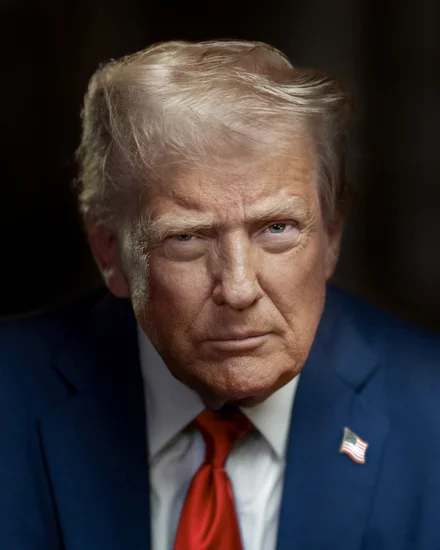
President Donald Trump signed the Tax Cuts and Jobs Act into law, implementing the most significant tax reform in decades. The legislation reduced corporate tax rates and modified individual tax brackets across multiple income levels.
The law’s supporters argued it would stimulate economic growth and job creation through business investment incentives. Critics contended the reforms primarily benefited wealthy taxpayers while increasing federal budget deficits.
2018 – Longest Government Shutdown Begins
The 2018-2019 United States federal government shutdown commenced, eventually becoming the longest in American history. The shutdown resulted from congressional disputes over border wall funding and immigration policy.
Federal employees faced financial hardship as essential services continued while non-essential operations ceased. The prolonged shutdown highlighted deep political divisions over immigration and fiscal priorities.
Transportation and Infrastructure on December 22
1937 – Lincoln Tunnel Opens to Traffic

The Lincoln Tunnel began operation, connecting New York City with New Jersey under the Hudson River. This engineering marvel provided a crucial transportation link for the growing metropolitan area.
The tunnel’s completion required innovative construction techniques to work beneath the river while maintaining structural integrity. The project demonstrated American engineering capabilities during the Great Depression era.
1965 – UK Implements National Speed Limit
The United Kingdom applied a 70 miles per hour speed limit to all rural roads including motorways for the first time. This safety measure responded to increasing traffic accidents as automobile ownership expanded rapidly.
The speed limit represented a significant change in British driving culture and highway safety policy. The regulation established precedents for traffic management that influenced transportation policy throughout Europe.
1999 – Korean Air Cargo Flight Crashes
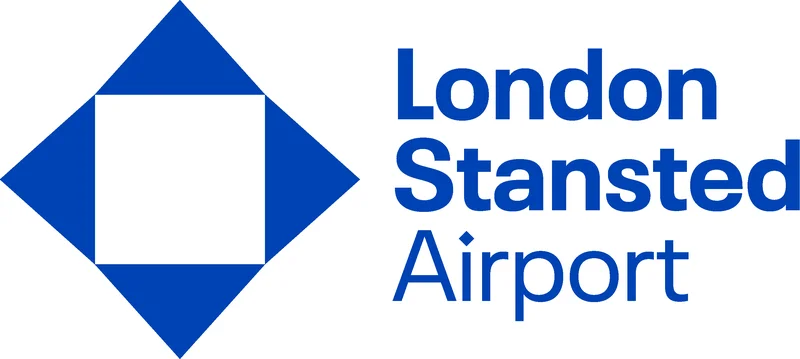
Korean Air Cargo Flight 8509 crashed into Hatfield Forest near Great Hallingbury shortly after takeoff from London Stansted Airport, killing all four crew members. The accident highlighted safety concerns in international cargo operations.
Investigation revealed multiple system failures that contributed to the crash during poor weather conditions. The tragedy prompted improvements in cargo aircraft safety protocols and crew training standards.
Sports and Recreation on December 22
1984 – Subway Vigilante Incident in New York
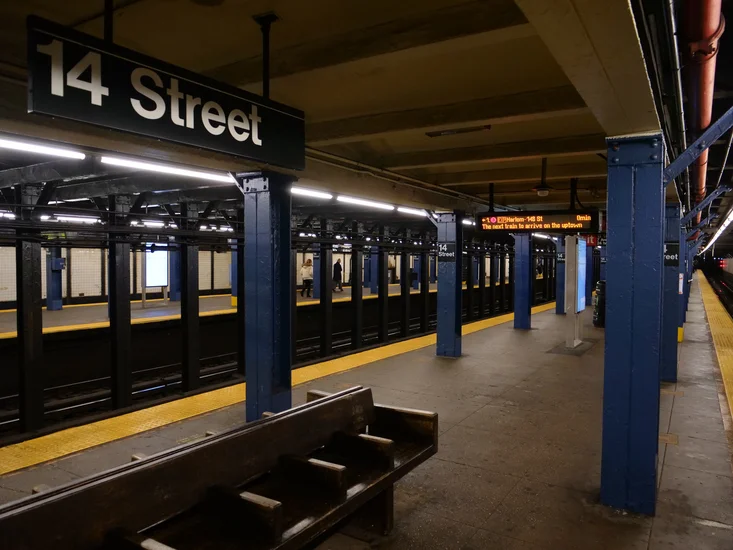
Bernhard Goetz shot four would-be muggers on a New York City subway train, becoming known as the “Subway Vigilante.” The incident sparked national debate about urban crime, self-defense, and vigilante justice.
Goetz’s actions reflected widespread frustration with rising crime rates in New York City during the 1980s. The case became a cultural touchstone for discussions about urban safety and citizens’ rights to self-protection.
1963 – Cruise Ship Lakonia Fire
The cruise ship Lakonia caught fire 290 kilometers north of Madeira, Portugal, resulting in 128 deaths. The maritime disaster highlighted safety deficiencies in passenger ship emergency procedures and equipment.
The tragedy prompted international maritime organizations to strengthen fire safety regulations for passenger vessels. New requirements for emergency equipment and crew training emerged from investigations into the disaster.
2001 – Shoe Bomber Attempt

Richard Reid attempted to destroy American Airlines Flight 63 by igniting explosives hidden in his shoes. Passengers and crew members subdued Reid before he could detonate the device, preventing a catastrophic terrorist attack.
The incident led to permanent changes in airport security procedures, including mandatory shoe removal during screening. Reid’s failed attack demonstrated the ongoing terrorist threat to commercial aviation after September 11th.
Notable Births on December 22
1949 – Maurice and Robin Gibb Born
Twin brothers Maurice and Robin Gibb entered the world on the Isle of Man, destined to become two-thirds of the legendary Bee Gees. Their early exposure to music shaped their extraordinary songwriting partnership.
The brothers would later create some of popular music’s most enduring hits, including the Saturday Night Fever soundtrack. Their distinctive harmonies and disco-era productions influenced countless musicians worldwide.
1912 – Lady Bird Johnson Born
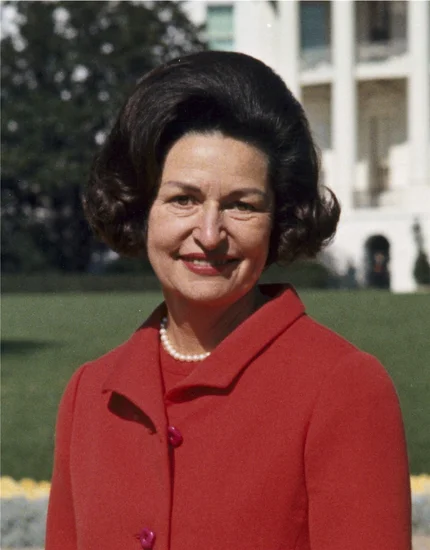
Claudia Alta Taylor, later known as Lady Bird Johnson, was born in Texas. Her passion for environmental conservation and beautification would define her role as First Lady.
As President Lyndon Johnson’s wife, she championed highway beautification and wildflower conservation programs. Her environmental advocacy helped establish the foundation for modern conservation movements.
1962 – Ralph Fiennes Born

English actor Ralph Fiennes was born in Ipswich, England, beginning a journey toward international theatrical acclaim. His classical training at the Royal Academy of Dramatic Art prepared him for diverse challenging roles.
Fiennes would later earn Academy Award nominations for his performances in “Schindler’s List” and “The English Patient.” His portrayal of complex characters established him as one of Britain’s finest contemporary actors.
1953 – Diane Sawyer Born

Television journalist Diane Sawyer was born in Glasgow, Kentucky, embarking on a career that would revolutionize broadcast journalism. Her early work in politics provided valuable experience for her later media career.
Sawyer became one of America’s most respected news anchors, hosting programs on ABC and CBS. Her interviewing skills and investigative reporting set new standards for television journalism.
1960 – Jean-Michel Basquiat Born
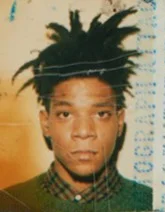
Artist Jean-Michel Basquiat was born in Brooklyn, New York, to parents of Haitian and Puerto Rican heritage. His multicultural background would profoundly influence his groundbreaking artistic vision.
Basquiat emerged from New York’s street art scene to become one of the most influential painters of his generation. His work addressed racism, identity, and social inequality through powerful visual imagery.
1970 – Ted Cruz Born
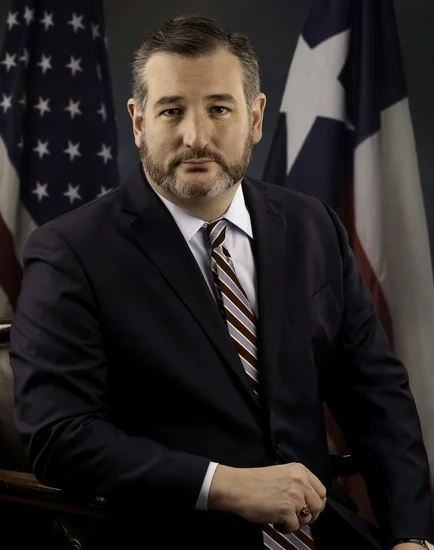
Canadian-born American politician Ted Cruz entered the world in Calgary, Alberta, before moving to Texas. His legal education and conservative political philosophy shaped his future career path.
Cruz would later serve as Texas Senator and run for President of the United States. His constitutional law background and debating skills made him a prominent conservative voice in American politics.
Notable Deaths on December 22
1989 – Samuel Beckett Dies
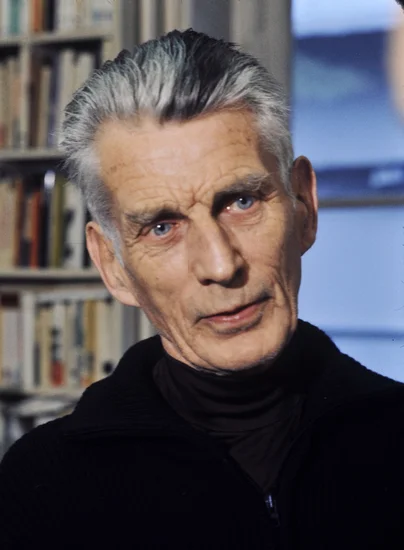
Nobel Prize-winning author Samuel Beckett passed away in Paris at age 83. His revolutionary approach to theater and literature challenged conventional narrative structures and explored existential themes.
Beckett’s masterpiece “Waiting for Godot” transformed modern drama through its minimalist style and philosophical depth. His influence on contemporary literature and theater continues inspiring writers and playwrights worldwide.
1943 – Beatrix Potter Dies
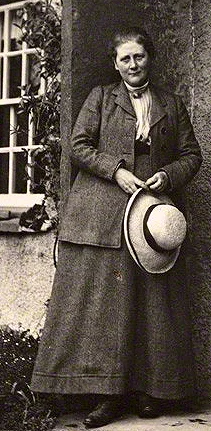
Beloved children’s author Beatrix Potter died at her Lake District farm in England. Her charming tales of Peter Rabbit and other animal characters had captivated young readers for decades.
Potter’s detailed illustrations and gentle storytelling created timeless classics that continue delighting children today. Her conservation work in the Lake District preserved thousands of acres of English countryside for future generations.
1988 – Chico Mendes Dies
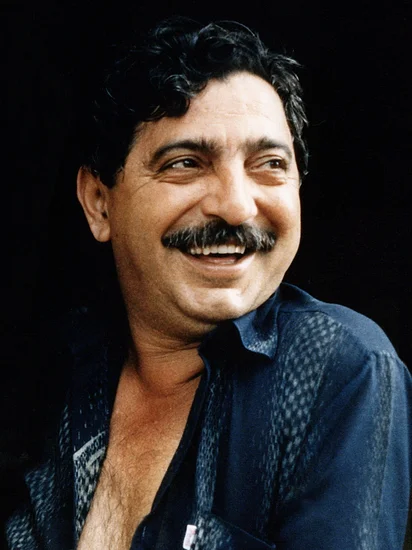
Brazilian environmental activist Chico Mendes was assassinated at his home in Acre, Brazil. His leadership of the rubber tappers’ union had made him a powerful advocate for Amazon rainforest preservation.
Mendes’ death brought international attention to Amazon deforestation and the struggles of indigenous communities. His sacrifice inspired a new generation of environmental activists and conservation organizations worldwide.
2014 – Joe Cocker Dies

English singer Joe Cocker passed away at his Colorado home at age 70. His distinctive gravelly voice and passionate performances had made him one of rock music’s most recognizable vocalists.
Cocker’s interpretation of Beatles songs and his iconic Woodstock performance established him as a legendary rock performer. His soulful renditions of classic songs influenced countless musicians across multiple genres.
1942 – Franz Boas Dies

German-American anthropologist Franz Boas died in New York City, leaving behind a revolutionary legacy in social science. His rejection of racial determinism fundamentally changed how scholars understood human cultural diversity.
Boas established modern anthropological methodology through rigorous fieldwork and scientific analysis. His teachings influenced generations of anthropologists who continued challenging racist pseudoscience and cultural stereotypes.
2001 – Joe Strummer Dies
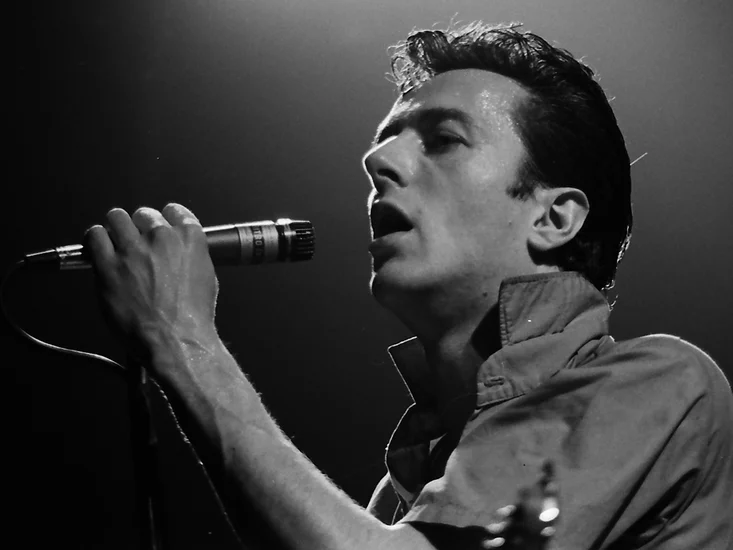
Joe Strummer, lead singer of The Clash, died suddenly at his home in Somerset, England. His punk rock innovations and political activism had made him one of music’s most influential voices.
Strummer’s fusion of punk, reggae, and world music created The Clash’s distinctive sound that influenced countless bands. His passionate advocacy for social justice continues inspiring musicians and activists today.
Holidays and Observances on December 22
Dongzhi Festival

The Dongzhi Festival marks the winter solstice in Chinese culture, celebrating the year’s shortest day and longest night. Traditional observations include family gatherings and special foods that symbolize warmth and togetherness.
Chinese families prepare tangyuan (sweet rice balls) and other seasonal dishes to commemorate the gradual return of longer daylight hours. The festival represents themes of renewal, family unity, and the cyclical nature of seasons.
National Mathematics Day in India
India celebrates National Mathematics Day to honor the mathematical contributions of renowned mathematician Srinivasa Ramanujan. Educational institutions organize special programs highlighting the importance of mathematical education and research.
The observance promotes mathematical literacy and celebrates India’s rich tradition of mathematical innovation. Students and teachers participate in competitions, seminars, and exhibitions showcasing mathematical achievements and applications.
Unity Day in Zimbabwe
Zimbabwe observes Unity Day to commemorate the 1987 agreement between ZANU and ZAPU political parties that ended regional violence. The holiday celebrates national reconciliation and the importance of political cooperation.
The observance reflects Zimbabwe’s commitment to overcoming ethnic and political divisions through peaceful dialogue. Government officials and citizens participate in ceremonies promoting national unity and shared citizenship values.
Mother’s Day in Indonesia

Indonesia celebrates Mother’s Day to honor maternal contributions to family and society. The holiday coincides with the anniversary of the first Indonesian Women’s Congress, linking motherhood with women’s rights advocacy.
Indonesian families gather to celebrate mothers through special meals, gifts, and expressions of gratitude. The observance emphasizes the vital role mothers play in preserving Indonesian cultural traditions and values.
